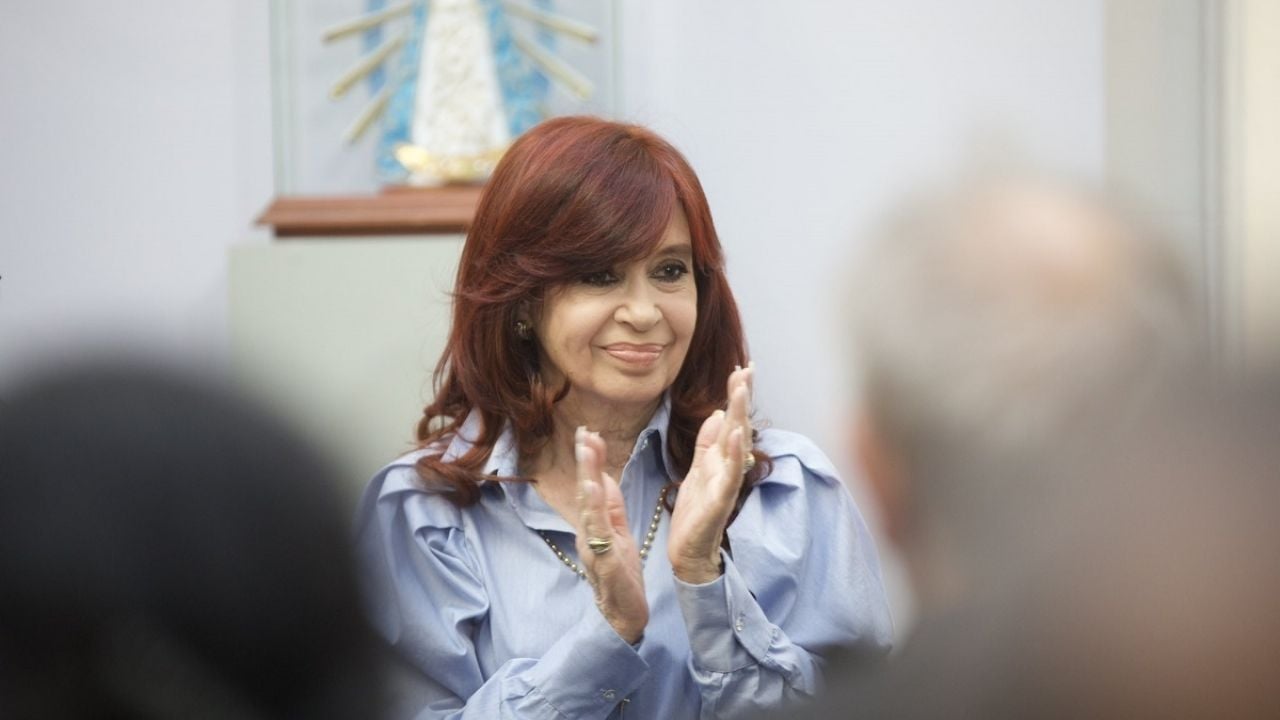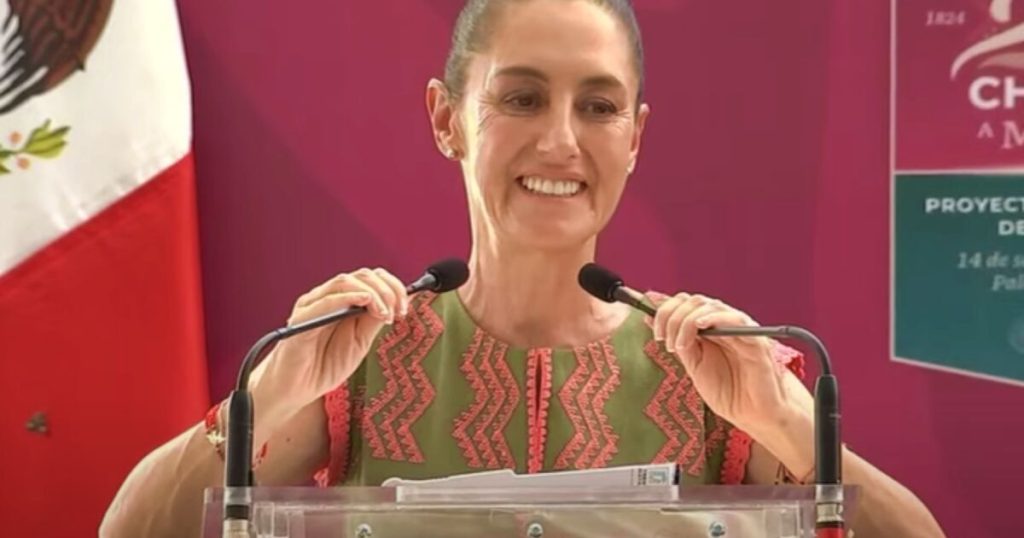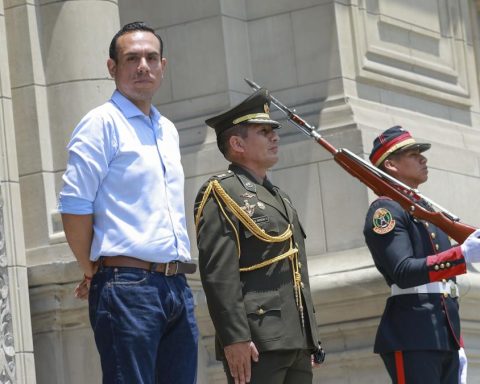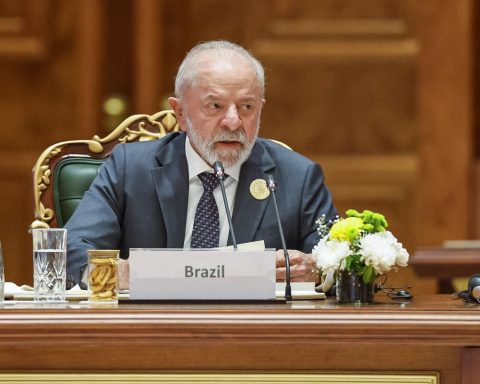Cristina Kirchner has once again been in the spotlight with his recent statements about the current president, Javier Milei. At an event at the Universidad Nacional del Oeste, Cristina did not spare her criticism of Milei, accusing him of having allied himself with the same “caste” that he used to criticise and of harming pensioners with his policies.
In his speech, Cristina Kirchner He said that Milei, who came to power with an anti-establishment discourse and promising to end the “political caste,” has ended up allying himself with those he criticized. “Milei remained tied to the caste he spoke of,” said the former president, highlighting what she considers a betrayal of her campaign promises.
Cristina also asked Milei to “sit down and manage the country,” suggesting that the president is not taking the reins of government effectively. In a harsh tone, she accused him of being a “lunatic” and of “screwing over retirees” with his economic policies.
These statements come in a context of growing social and economic discontent in Argentina, where Milei’s policies have been the subject of intense debate and criticism. The former president did not stop there.

In his speech, he also sent a clear message to the General Confederation of Labour (CGT), urging them to take a more active role in defending workers’ rights and in the fight against informal work.
Cristina highlighted the importance of the Universal Child Allowance (AUH) as a key tool for the redistribution of wealth and asked the CGT to raise this issue on its agenda. Kirchner He has been a polarizing figure in Argentine politics, and his recent statements are no exception.

Coherence
Her criticism of Milei focuses on what she perceives as a lack of coherence and a departure from the campaign promises that brought him to power. According to Cristina, Milei has adopted policies that favour the most privileged sectors of society, to the detriment of the most vulnerable, such as pensioners.
In his speech, Cristina Kirchner She also addressed the issue of the bimonetary economy, a recurring theme in her public interventions. The former president argued that the shortage of dollars and the dependence of the Argentine economy on the dollar are structural problems that must be addressed with specific policies. She criticized Milei for what she considers a lack of understanding of the country’s economic reality and for following economic recipes that, according to her, are not applicable to the Argentine situation.


















